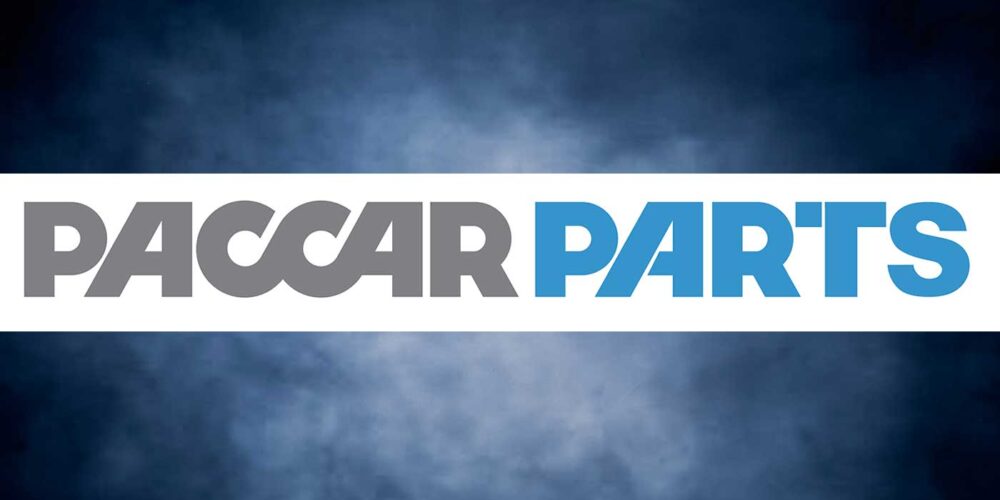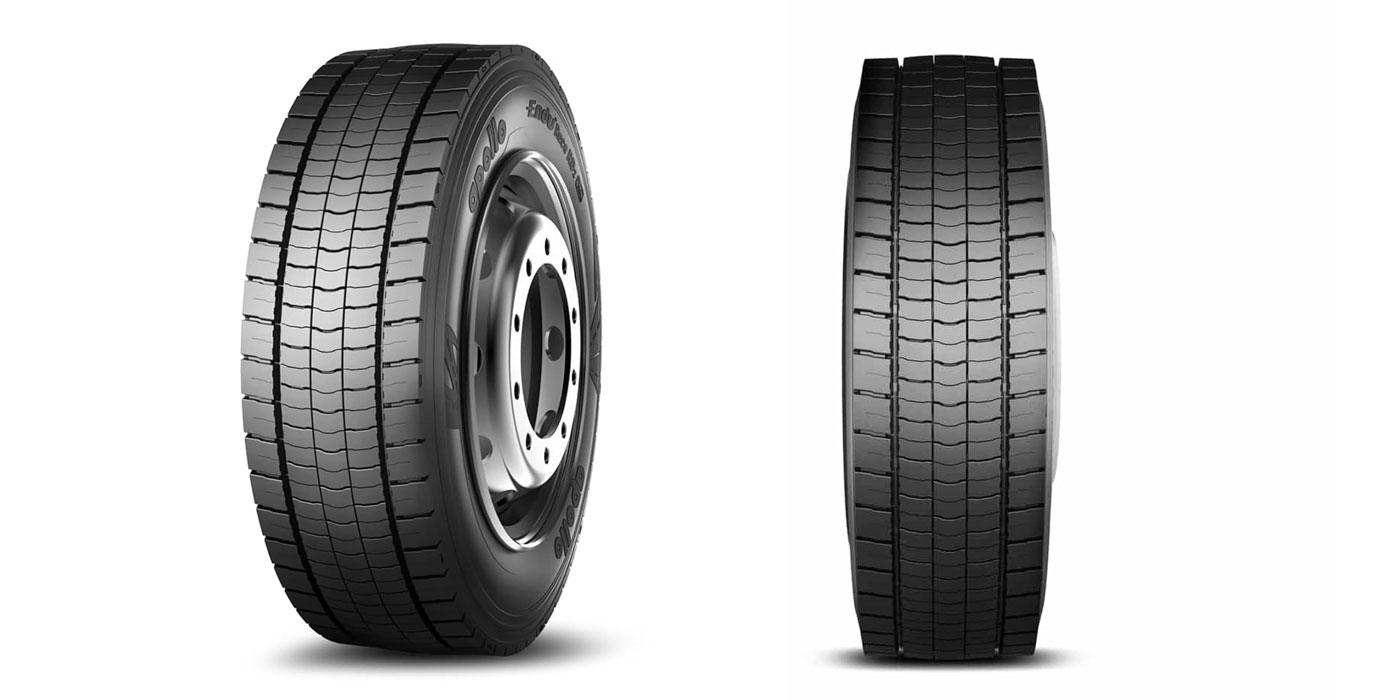Recently I’ve observed a very disturbing trend. Instead of everyone pulling together like they did in the 1940s during WWII, our nation is being pushed and pulled by special interest groups hell-bent on achieving only their own selfish objectives. Even if their objectives aren’t good for the entire country, they forge ahead.
Let me give you an example. Recently, a prominent actress was arrested for protesting by lying down in front of workers trying to work on the Keystone pipeline. What does she know about the energy requirements of our nation? What is her scientific training? Is the entire country doomed to follow in the footsteps of Hollywood actress activists? When a state is bankrupt, its most vocal activists should stop and realize that many of their actions contribute to our country’s financial misfortunes.
So where does this lead? To California, where fuel marketers import ethanol from Brazil to meet their low carbon fuel requirements, which costs everyone in the country money, either directly or indirectly. Requiring small, independent truckers to purchase the latest emissions reduction equipment for their old trucks isn’t the answer because:
1. It does not stimulate the overall economy
2. It causes financial hardship for the middle class
3. It costs everyone, including the Federal government, money.
In my opinion, California has wasted billions of dollars for more than 40 years driving U.S. emissions standards to reduce NOx at the expense of engine efficiency. Thankfully, the administration is finally redirecting legislative requirements to focus on improving fuel economy.
As you know, I’m all in favor of the development of alternate fuels. As with any R&D endeavor, some projects bear fruit, and some don’t. We need to quickly choose those alternatives that make financial sense for all in the U.S. so we can be cost-effective with future research expenditures.
Electric cars (not electric hybrid trucks) are one example of wasted money. Efficiency is always lost when you convert one form of energy into another.
The Congressional Budget Office (CBO) recently released a report indicating that electric cars are not cost-effective. To alleviate the high initial cost, the Federal government gives each purchaser a cash incentive of $7,500 per vehicle. That’s our money the government is giving away! The CBO calculated that gasoline would have to be above $6 per gallon for electric vehicles to be cost-effective.
Over 90% of all batteries come from foreign countries, partially because environmental regulations keep them from being manufactured in the U.S. So, in addition to the money from the initial sale of the battery going into a foreign economy, we must pay the freight for having them shipped here. We desperately need a breakthrough in battery technology!
Electric vehicle proponents call fully electric vehicles “zero emissions,” but over half of all electric power in the U.S. is generated by burning coal. The advent of natural gas, plus the abundant supply created by “fracking” will reduce power generation emissions, but it will take years to accomplish. Activists may ride around looking smug in their plug-in electric cars; just don’t force me to do the same. I’m retired and living on a fixed income. I’ll bet your trucking operation isn’t rolling in dough, either.
I personally think biodiesel, hybrids and natural gas make the most sense as the near-term alternate fuels of choice. Availability, cost and knowledge of the infrastructure needed all favor these approaches. However, we need time to test how effective each option can be for us. I’m hoping that algae can prove itself as a long-term solution. We don’t need the added pressure of Hollywood activists!
Let’s be reasonable with alternate fuels ideas and expenditures. Please take into consideration the needs of the entire country before legislating something that will hurt our national economy.
Let’s let scientists and the free market economy, rather than activists and politicians, decide which alternate fuels will prevail.













